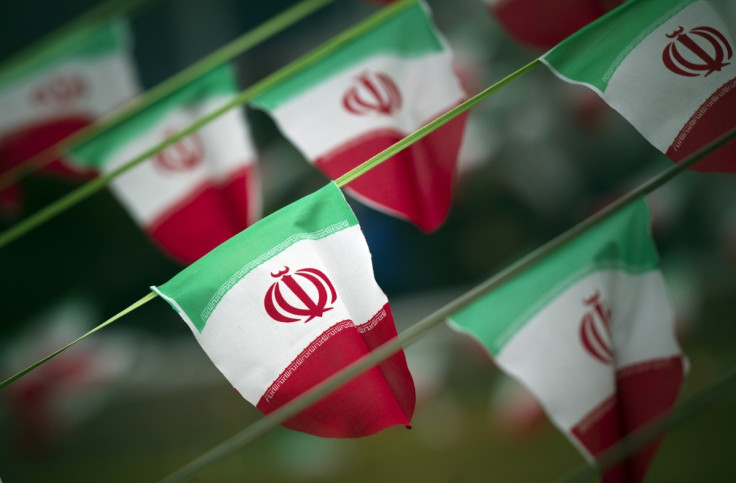Princeton professors offer solution on how to quash Iran nuclear threat in the long run

A group of researchers have come up with a solution to quash the threat from Iran's nuclear programme in the long run.
It is expected that the country will sign an agreement with the E3+3 nations (China, France, Germany, Russia, UK and US) in July that will restrict the Middle Eastern country's nuclear programme.
However, Iran is also aiming to maintain its right to pursue uranium enrichment when the agreement, which is being signed in lieu of sanctions being placed on the country, ends a decade later, in 2025.
In light of this, Alexander Glaser, assistant professor at the Woodrow Wilson School of Public and International Affairs and the Department of Mechanical and Aerospace Engineering, Zia Mian, research scientist and of the Program on Science and Global Security at Princeton, and Frank von Hippel, professor of Public and International Affairs at Princeton University, have theorised a possible solution to keep the threat from Iran down in the long run.
They suggest that by selling shares in Iran's uranium enrichment plant to other countries, it will help to limit how much is being produced for nuclear weapons and thus keeping the peace.
Their report, which was published in Science, states: "Multinationalising Iran's uranium enrichment programme could become a step toward phasing out or multinationalising national enrichment programmes worldwide as part of a regime in which nuclear power rules apply equally to all states."
Outside of Russia, the UK, Germany and Netherlands own 60% of the world's enrichment capacity under a company named Urenco Group – which owns the only functioning commercial enrichment facility in the USA.
This prompts the researchers to write: "The United States is now in a position to argue similarly with countries like Iran, 'We have the largest nuclear power programme in the world, but we currently don't have a national enrichment programme. You don't need one either.'"
They conclude: "By committing, as part of the forthcoming deal on Iran's nuclear programme, to working on multinational enrichment arrangements for the Middle East, and ultimately around the world, Iran and the E3+3 could chart a path to reduce the proliferation risks from national control of civilian enrichment plants, regardless of location."
© Copyright IBTimes 2025. All rights reserved.






















